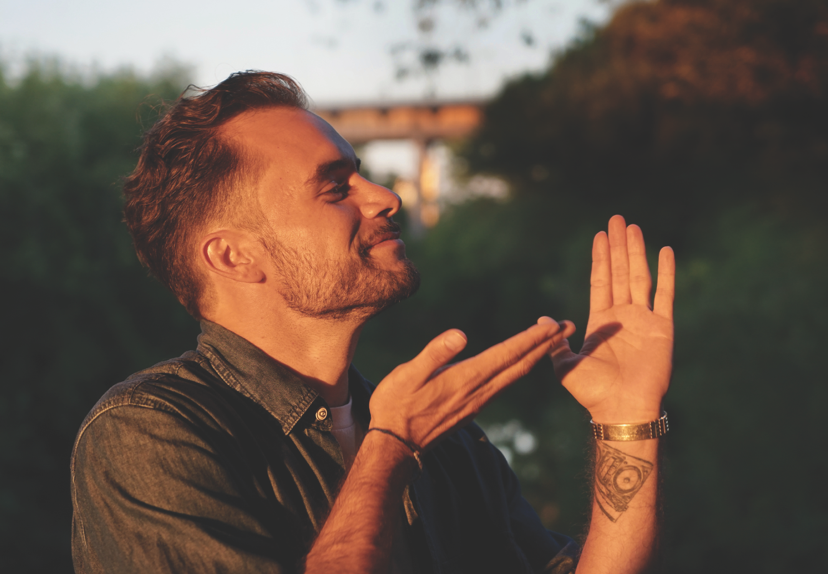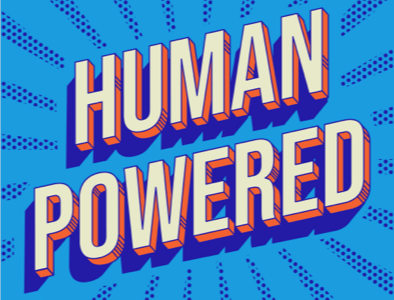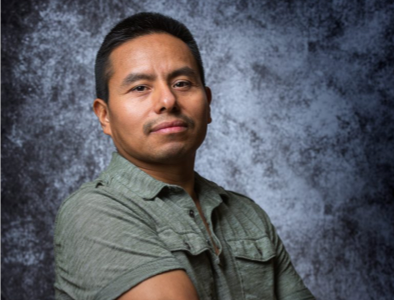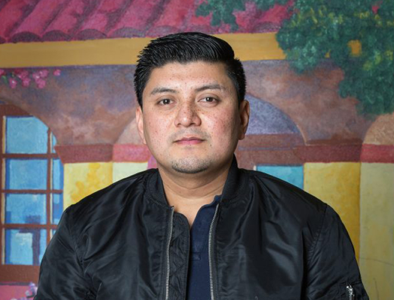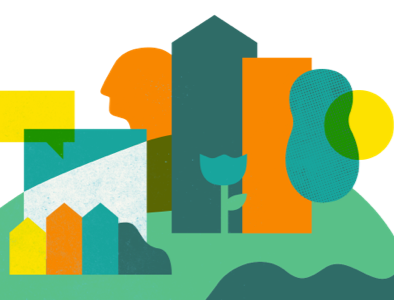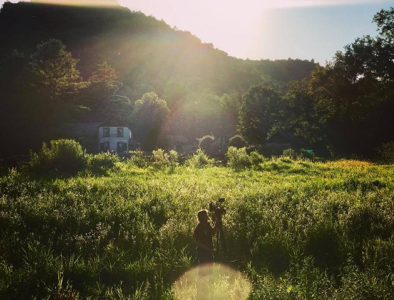Spring 2021 Newsletter
Grants: CARES Relief Grants
A year ago, as the pandemic had already begun to severely strain critical cultural organizations, Wisconsin Humanities moved quickly to offer rapid-response grants to help libraries, museums, and other nonprofits survive the financial hardships brought on by COVID-19. We were honored to award a total of $548,000 to 82 nonprofit organizations across the state. For a full list of these organizations visit wisconsinhumanitiescares.org/past-awards.
For a more intimate look at what six of those organizations did with those funds and how they’re looking toward the future, check out our “Humanities During the Pandemic” stories.
Big Ideas: A peek into some fantastic projects funded recently through our Major and Mini Grants
Photo by Meg Turville-Heitz
The land remembers, and it has a story to tell. That was the theme of The Wormfarm Institute’s Farm/Art DTour, a temporary, outdoor art experience thoughtfully installed amongst the working farmlands of Sauk County. The DTour was the result of a unique collaboration between artists and landowners, and a celebration of the vital contributions both make to our communities.
Through strategically-placed speech balloons, the project incorporated comments that Wisconsinites made during small group discussions led by the Local Voices Network on issues like food security, the plight of dairy farmers, climate change impacts, and the rural/urban divide. The stories and reflections from those discussions are now part of the Local Voices Network’s body of transcribed perspectives, where they continue to convey the stories of rural life and landscapes for those willing to listen.
Read more about how organizers of last fall’s Farm/Art DTour found creative ways to adapt here.

Photo courtesy of Slinger High School
Slinger High School encouraged students to listen to each other through an oral history interview project called Finding Voice and Building Community in the Slinger Area. Participants gained a sense of place and reflected on the sources of identity, shared roots, and values. “Students have made a deeper connection with people from other generations, preserved community and family history, and created bonds,” says project director and teacher Nate Grimm.

UW-Madison’s Department of Community and Environmental Sociology created Collegeland, a podcast that gives voice to seldom-told college stories, from food insecurity on campuses to a look inside a vaccine lab. Podcast co-host Nan Enstad says she’s learned a lot in the first six episodes. “It’s my role to be the expert listener, to hear what’s going on in the community,” she says. The listening goes both ways: when a listener asked for more about community colleges struggling through the pandemic, the podcast obliged. You can listen at collegelandpod.com
A Conversation with Jimmy Gutierrez
We’re thrilled to share this Q&A with Jimmy Gutierrez, the host of our new podcast, Human Powered. Jimmy is also a Milwaukee-based journalist whose work takes an exciting, community-centered approach. Both roles are all about connecting with people through deep, sustained listening.
Wisconsin Humanities has a brand-new podcast!
We’ve put together a fantastic team to help us tell beautifully produced, emotionally powerful stories about how people make places better across our state. One of the people you’ll meet is Cheri Fuqua, a community leader and organizer.
In 2019, we launched Immigrant Journeys from South of the Border—an exhibit that shares the stories of eight immigrants who now live and work in Wisconsin. During this period of social and physical distancing, we believe this conversation must continue.
“Mary spent her life bringing people together and supported Wisconsin Humanities because she believed its programs and initiatives were so effective in providing public forums for civic dialogue among people of all persuasions, something she felt was so necessary for us all.”
Beyond the Headlines:
Wisconsin’s Water Future
How do we tell Wisconsin’s complex water stories? From flood to drought, storm intensity to changing temperatures, these stories are local, emotional, and essential.




